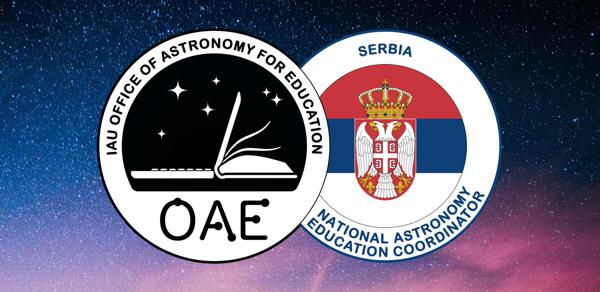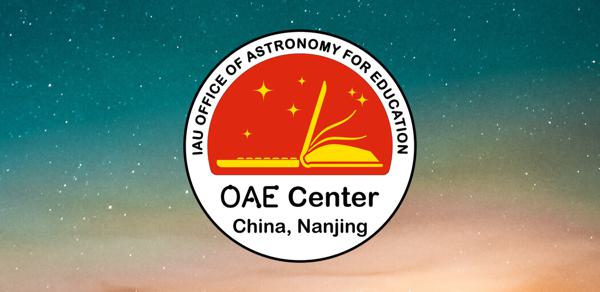About
Evaluation is a very important topic when talking about education. Evaluation is a continuous process that critically examines a program; it can improve program design and implementation, assess its achievements and improve upon its effectiveness. It helps teachers and learners to improve teaching and learning processes. Evaluation helps us to make evidence-based decisions. There are different types of evaluation, depending on evaluation purposes. There are evaluation activities that you conduct before you start your work and as you are planning (Front-end evaluation), while a project is in development (Formative evaluation), and at the conclusion of the program implementation (Summative or Impact evaluation). There are different types of data one can collect to perform evaluation: quantitative data (numbers such as simple counts or percentage) and qualitative data (more descriptive in nature). Therefore, there are different types of methods and tools one can use to collect and analyse data, to understand what is happening and why: graphs, closed-ended surveys, checklists, rubrics but also interviews, focus groups, open-ended surveys and more interactive data collection methods. Moreover, mixed methods can be used in order to have a more holistic view. This collection aims to give a general and basic overview of types, methods and tools commonly used in evaluation, together with a list of open resources, to help teachers but also scientists and educators to plan the best assessment of their work.
Prior to the full OAE review on evaluation we have released a toolkit to help you build evaluation into your astronomy education activities plus a special toolkit for our NAECs and Centers and Nodes.
Mini-review document
This review was the topic of a session at the 3rd Shaw-IAU Workshop. The proceedings from this session have been adapted into a mini-review (PDF file 3.12 MB) .








